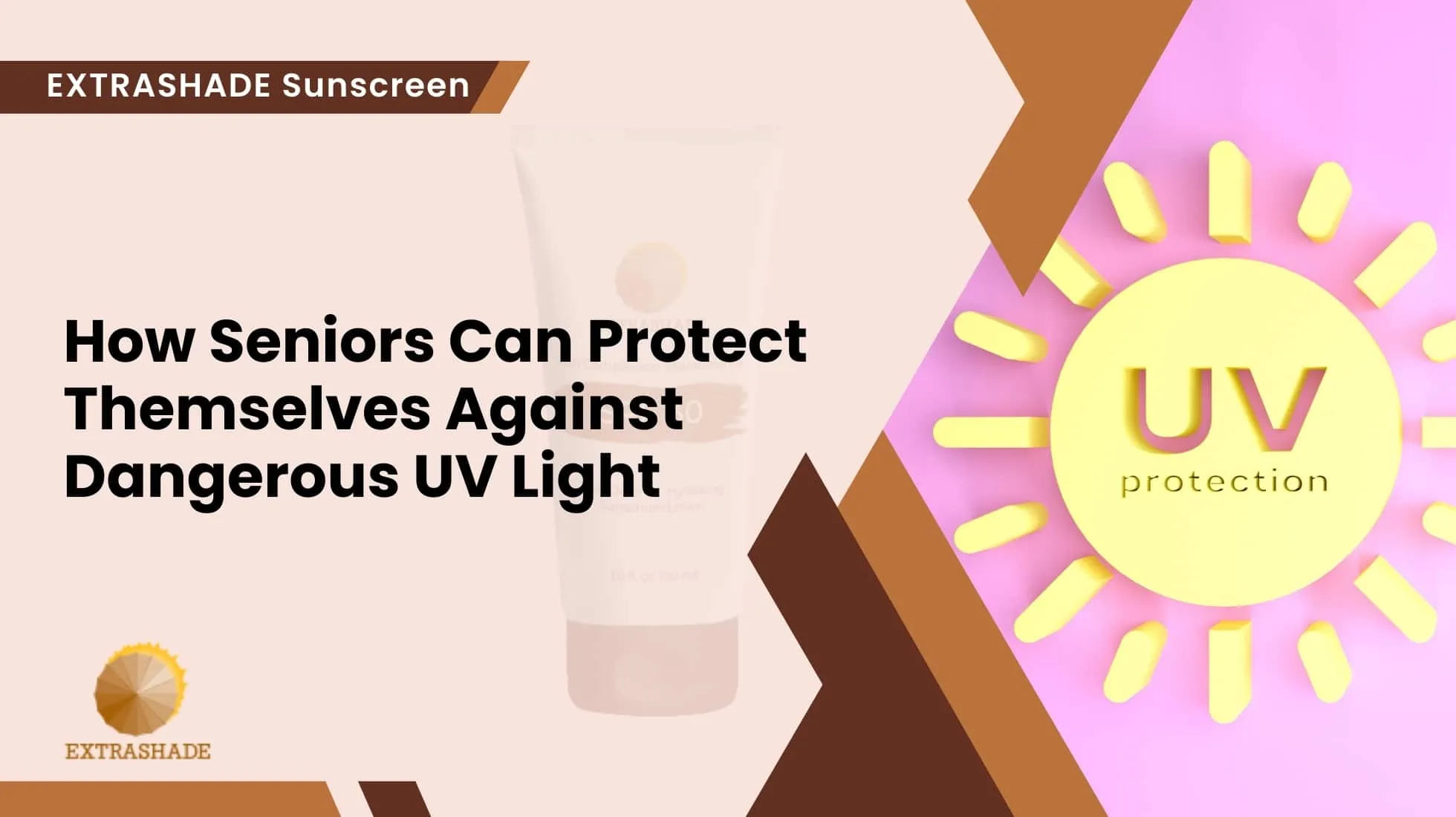As the sun’s rays beam down, casting a warm glow on the earth below, many seniors find themselves basking in its comforting embrace. However, hidden within this radiant light lurks a silent threat: dangerous UV radiation.
While most people are aware of the need for sun protection, it’s often overlooked by seniors, who may not fully understand the risks associated with prolonged UV exposure.
In this article, we’ll explore how seniors can safeguard themselves against the harmful effects of UV light and enjoy their golden years without compromising their health and well-being.
So grab your sunscreen and let’s embark on a journey to unravel the secrets of protecting our senior community from the perils of UV radiation.
How Seniors Protect Themselves Against Dangerous UV Light
Seniors, like people of all ages, need to protect themselves from the harmful effects of ultraviolet (UV) light. Prolonged exposure to UV radiation from the sun can lead to skin damage, eye problems, and an increased risk of skin cancer. Here are some tips for seniors to protect themselves against dangerous UV light:
Use Sunscreen
- Apply a broad-spectrum sunscreen with a high SPF (sun protection factor) to all exposed skin, including the face, neck, and hands.
- Reapply sunscreen every two hours, or more often if swimming or sweating.
Wear Protective Clothing
- Choose clothing that covers arms and legs, and opt for darker colors with a tight weave for better UV protection.
- Consider wearing a wide-brimmed hat to shade the face, neck, and ears.
Seek Shade
- Stay in the shade, especially during peak sunlight hours between 10 a.m. and 4 p.m.
- Use umbrellas, hats, or other shade-providing items to reduce direct sun exposure.
Wear Sunglasses
- Select sunglasses that block 100% of UVA and UVB rays to protect the eyes from harmful UV radiation.
- Look for sunglasses that wrap around the eyes for additional protection.
Stay Hydrated
- Proper hydration helps maintain healthy skin. Drink plenty of water, especially in hot weather, to prevent dehydration.
Regular Skin Checks
- Perform regular self-examinations of the skin to monitor for any changes, such as new moles or changes in existing moles.
- Consult a dermatologist promptly if you notice any suspicious skin changes.
Protect Your Eyes
- Wear a wide-brimmed hat or a cap with a brim to shade your eyes from the sun.
- Consider polarized sunglasses with UV protection to reduce glare and protect your eyes from harmful rays.
Monitor Medications
Some medications can increase sensitivity to UV radiation. Consult with your healthcare provider to understand if any medications you are taking may increase your susceptibility to sun damage.
Regular Eye Exams
Schedule regular eye exams to monitor for eye conditions related to UV exposure, such as cataracts and macular degeneration.
Educate Yourself
- Stay informed about the risks associated with UV exposure and the importance of protection.
- Encourage others, including family and friends, to adopt sun safety practices.
Final Thoughts
Seniors can take proactive steps to protect themselves against dangerous UV light by following the recommended sun safety measures, such as wearing protective clothing, seeking shade during peak sun hours, and regularly applying sunscreen.
It is crucial for seniors to be mindful of their sun exposure and to prioritize their skin health to reduce the risk of skin cancer and other UV-related health issues.
Additionally, regular skin checks and consultations with a dermatologist can aid in the early detection and treatment of any potential skin concerns. By implementing these protective measures, seniors can enjoy the outdoors safely while minimizing the harmful effects of UV light on their skin.


One thought on “How Seniors Can Protect Themselves Against Dangerous UV Light”